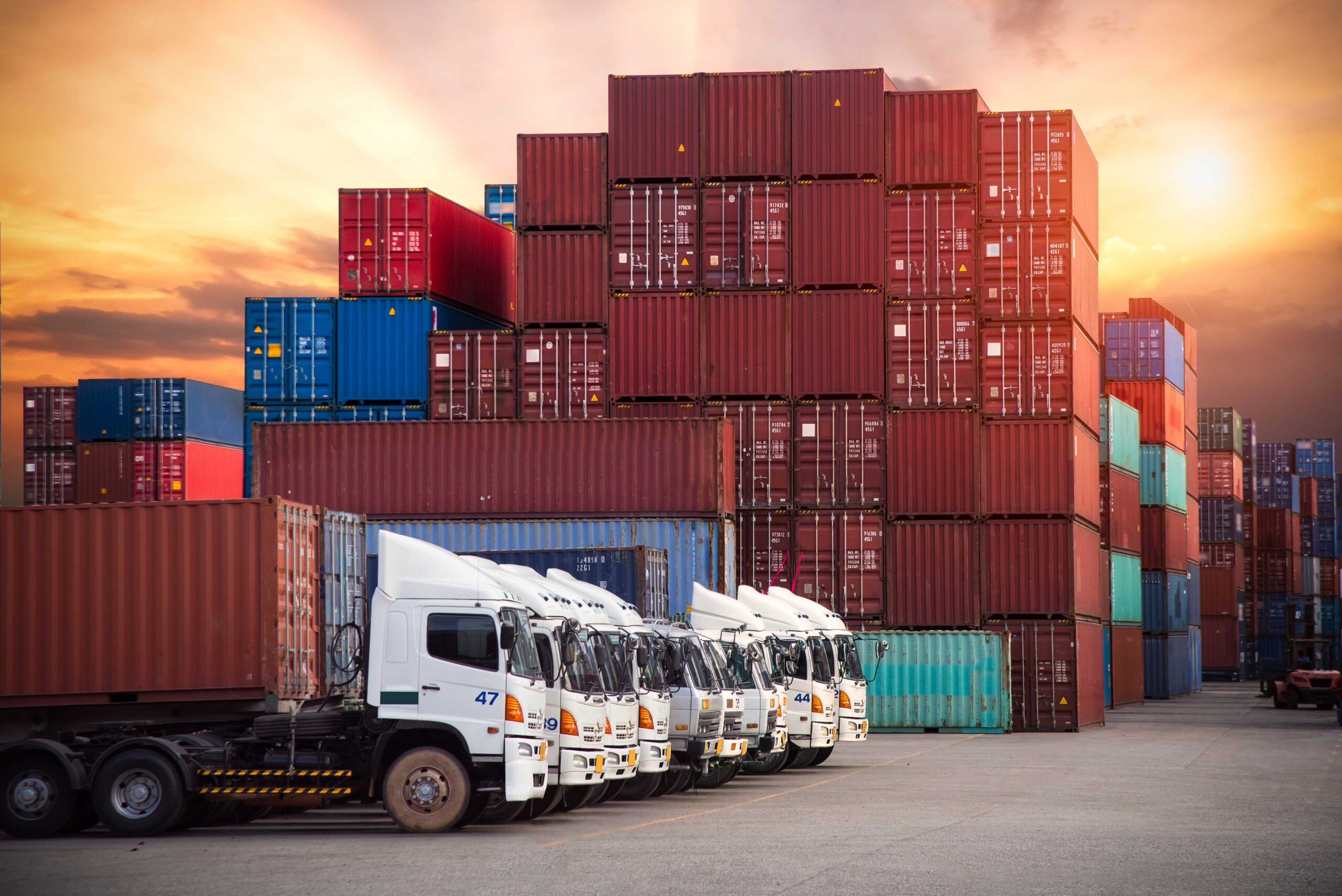You may have noticed large gaps in shelves at your local grocery store that held familiar products, such as your favorite salad dressing, which were normally stocked to capacity. This shortage in products is a direct result of the faltering supply chain that is occurring worldwide. Currently, one of the largest contributors to this supply chain disruption is China.
China has the second largest economy in the world and is undoubtedly a powerhouse in the world’s supply chain. With the nickname “The World’s Factory,” China is home to a third of all global manufacturing. When there is a supply chain struggle in China, it has an undeniable effect on the global logistics of supplies and shipping to the rest of the world. Remember in the beginning of the pandemic when we were all scrambling (some greedy consumers stock piling) for toilet paper? This was an example of a supply chain disruption.
China’s four major ports which are located in Shanghai, Dalian, Tianjin and Shenzhen, as well as the rest of the country, have set in place a zero Covid policy which has caused extreme disruptions and delays in manufacturing and shipping. A single case of Covid-19 discovered at a port has caused temporary closures creating massive backlogs in exports.
“I just want my green tea extract!” We hear you, and completely understand the frustration! Unfortunately, these supply chain delays have been exacerbated by the new Covid-19 variant Omicron, which according to the CDC is highly contagious and is able to spread to others, even to those who have been vaccinated.
China has some of the strictest policies set in place to halt the spread of Covid-19 which is why their reported positive Covid cases and death toll pales in comparison to the United States (U.S current Covid death toll: 866K , China current Covid death toll: 4,636). As recent as last week in China, at least 20 million people in three major cities were put on full lockdown due to just a handful of reported positive Covid cases. When massive lockdowns are implemented, workers cannot get to factory jobs causing a domino-effect, eventually leading to disruptions in the supply chain.
Experts are pointing to another reason for delays and disruption in the supply chain, which is the “just-in-time” manufacturing strategy that has been encouraged in many areas of China. The “just-in-time” strategy is a way to save space and cost by keeping the bare minimum of stock in factories. This strategy can have some benefits under normal circumstances, but not during a pandemic when there are many unexpected supply and demand shocks. Due to this strategy that is unproductive in the current climate, supplies are not available when they are needed, throwing another wrench in the supply chain.
With shipping container costs at an all-time high and ports at overflowing capacity, there are simply not enough workers or time to empty and reroute goods to their intended destinations. At ports in Long Beach and Los Angeles, California an unprecedented amount of shipping containers have been piled six-stories at times, waiting to be unloaded.
These delays have caused a shortage in shipping containers, a crucial element of the modern supply chain. Shipping containers which usually circulate across the globe have ended up stuck in North America. Until they are able to unload the containers and send them back to Asia and other ports, this remains another contributing factor to the supply chain disruption.
A growing sense of urgency is felt in China due to the fact that Beijing is hosting the Winter Olympics this year. China has implemented massive lockdowns by sealing off neighborhoods close to the capital as well as ramping up testing of residents who enter or leave the metropolis. Hosting the Olympics has never been an easy undertaking under normal circumstances, but with the pandemic still in full-swing, one could say China has a lot on their jade-adorned plates, to say the least. Oooh….Chinese food. Yum.
For the time being, it looks as though the supply chain crisis will get worse before it gets better. Since the zero Covid tolerance policy has been keeping more of China’s population under lockdown, the supply chain’s outlook for the upcoming year looks bleak. Hopefully once Covid cases have been diminished by each person doing their part to stop the spread of the virus, the worldwide system of supply and demand will catch-up and flow regularly again. Only time will tell.
We at Vitajoy have been very proactive when it comes to combating the possible pitfalls of the supply chain disruption. By planning ahead and keeping larger inventories on-hand, we have been able to keep our customer’s orders supplied and our Vitajoy family happy. We believe that this will be the case for other companies across the globe as the disruption in the supply chain hopefully comes to an end as soon as possible.
